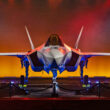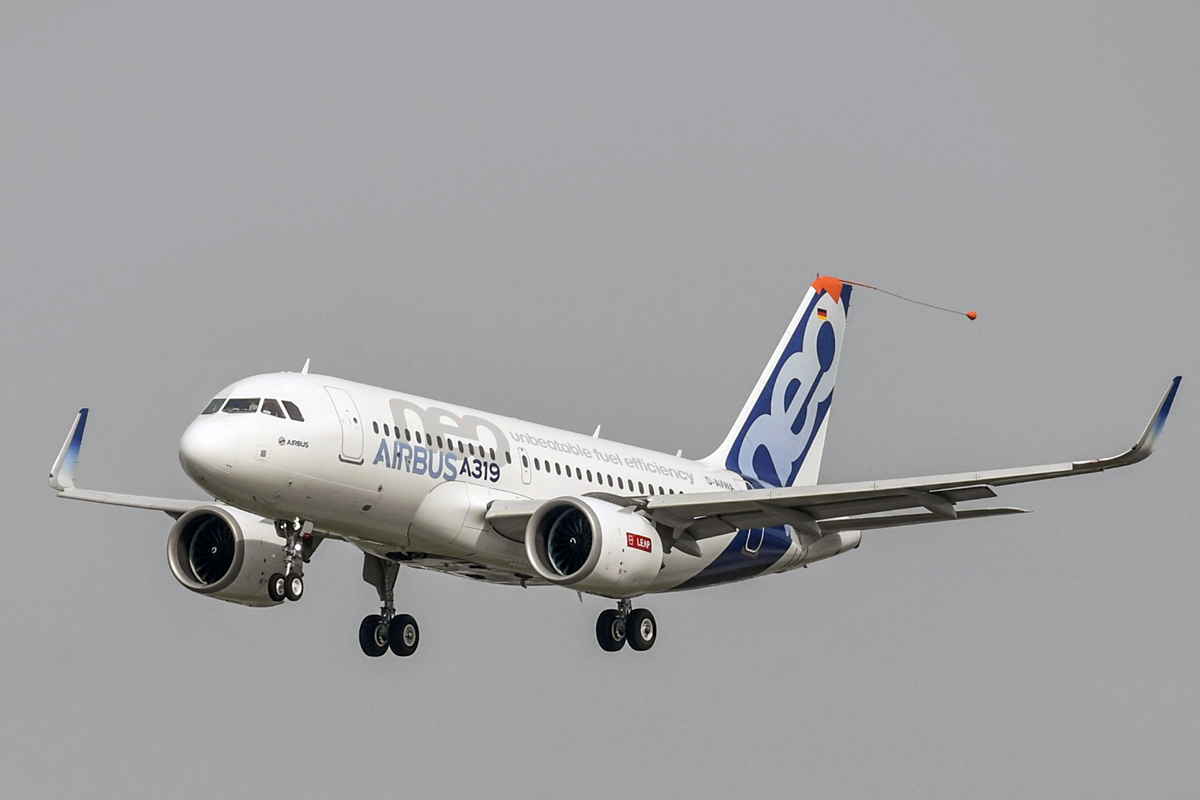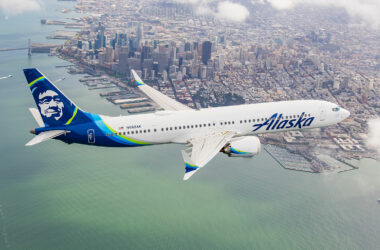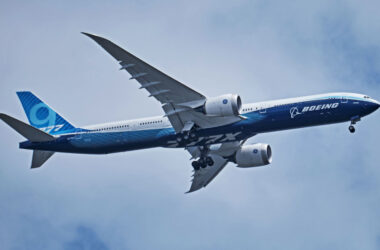Maeve Aerospace revised its plans for a sustainable passenger aircraft in less than a year and this time presented a model with hybrid-electric propulsion and layout for 80 seats.
At the beginning of the year, the Dutch startup had gone public to show a 100% electric plane with eight engines and 44 seats, the Maeve 01, that would have a range of just 250 nautical miles, compared to 800 nautical miles for the current project.
According to CEO and co-founder, Jan Willem Heinen, the M80, as it was named, was a response to the requirements of potential customers, who wanted double the passenger capacity and triple the range.
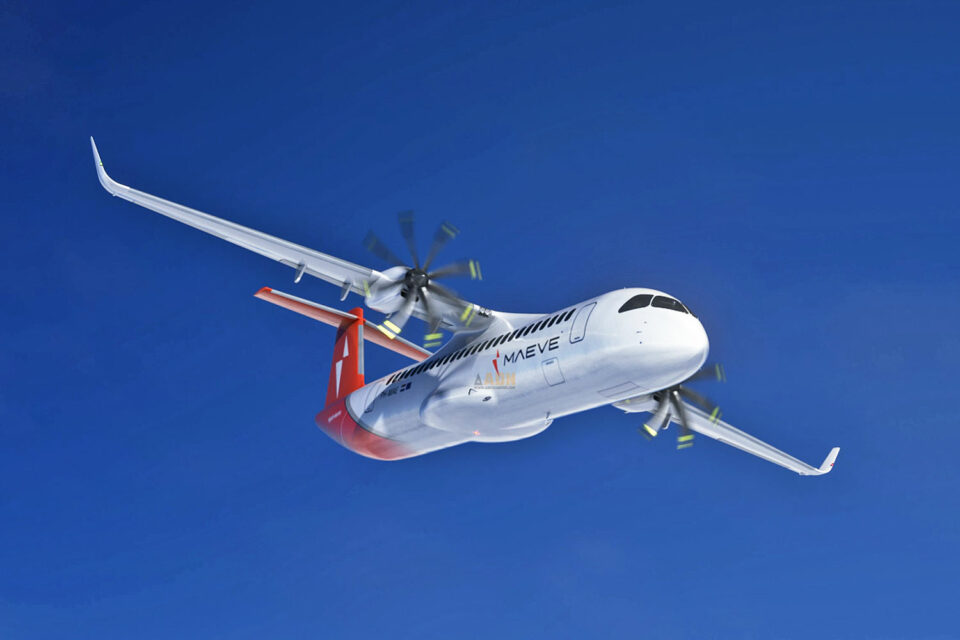
Like the Maeve 01, the M80 has a high wing and T-tail, but its wingspan was reduced from 36 to almost 30 meters while the fuselage grew from 20 to 27 meters.
The aim is to make the aircraft as fast as a jet (400 knots or 740 km/h), but capable of reducing fuel consumption by 40% compared to current aircraft.
The engines, according to the company, will be supplied by a large manufacturer (Pratt & Whitney, GE or Rolls-Royce are listed), but the name was not revealed.
Maeve technical director Martin Nuesseler was cryptic in detailing how the engine choice was made. According to what he told Flight Global, the supplier has a new technology and was looking for a new project to apply it.
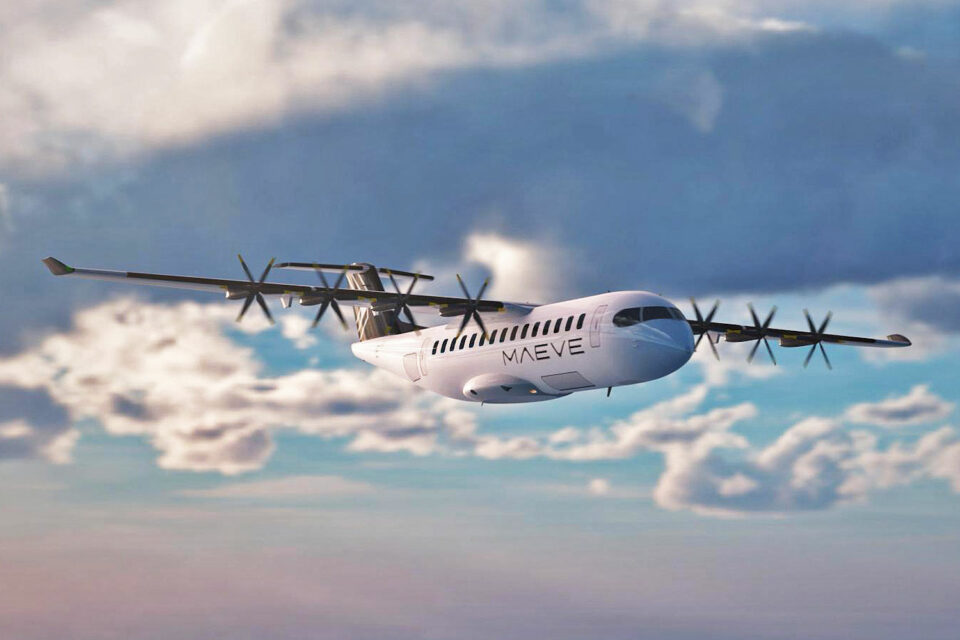
Surprisingly, Embraer, which intended to compete in the segment with a turboprop of similar size, argued months ago that there was no promising propulsion technology to make its project viable.
Preliminary technical data of the M80 shows an aircraft with a cabin with rows of four seats, a maximum take-off weight of 28.9 tons and a cruising level of 35,000 feet.
Maximum passenger capacity in single class is 84 seats or 76 seats in two classes.

Despite Maeve’s optimism, M80 still depends on a large amount of financing, around US$2 billion to get off the ground, and is seeking to find partners to share the investment.
So far, two companies have shown interest in the M80, the Dutch Lucy and the New Zealand Air Napier.


